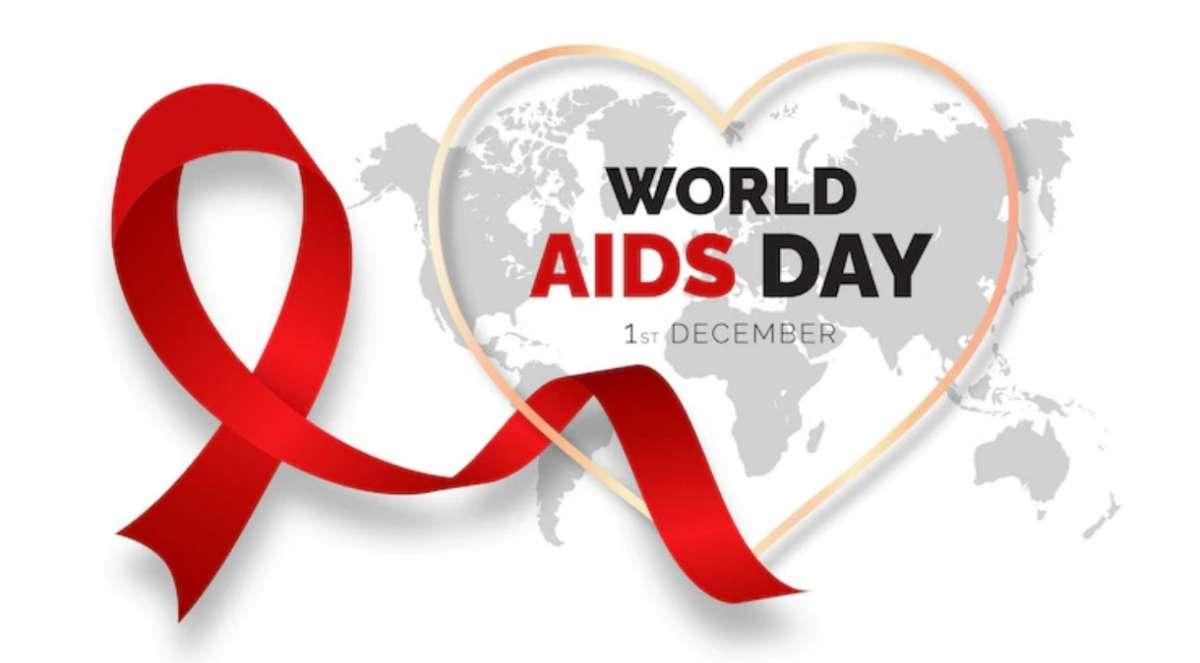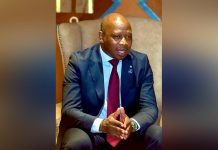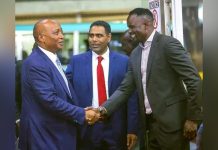Africa-Press – Lesotho. On December 1, 1988, the world came together to honour and celebrate those who had lost the battle against AIDS-related illnesses and to encourage those who were on treatment to never give up but soldier on.
This day was then marked “World AIDS Day” and was the first ever global health day to be celebrated. Every year the world comes together on the same day to commemorate World AIDS Day. This year we shall be celebrating this day under the theme “Equalise”.
As is always, this is an opportunity for people worldwide to unite in the fight against HIV, to show support for people living with HIV, and to emphasise the elimination of the inequalities that have, for years, slackened the fight against the disease such as gender inequality, limited access to HIV care and other forms of sexual and reproductive health care.
The theme also stresses the importance of practices to confront the stigma and exclusion faced by people living with HIV, which came about when the virus was first discovered and the distribution of technology to enable equal access to the best HIV science.
Involved parties in this year’s celebration of the World AIDS Day encourages all stakeholders to play their part to stop the stigma and discrimination associated with HIV and AIDS by being intentional and thoughtful when choosing their words.
Lesotho has one of the highest HIV prevalence rates in the world with one in five adults living with HIV and more infections per 100 000 people than most other countries including neighbouring South Africa and Botswana.
Women, particularly adolescent girls and young women are excessively affected and marginalised population groups are the most at risk. These massive HIV infection rates in the Mountain Kingdom are compounded by cultural practices, serodiscordance, and gender-based violence amongst others.
The lack of developed sexual education programmes in schools also places the young at increased risk of HIV infection. If we could start first by educating the young minds of this country about proper measures to take to help in decreasing infections, especially the practice of safe sex, then we could almost certainly see progress in the near future.
These sex education programmes are the basic types of sex education classes and which is taught in schools all depends on what each state or local school district mandates.
The programmes represent two completely different schools of thought but some parents are adamant to know what their children are learning so that they can be sure that the information they are being fed in these classes is accurate and reflects their families and personal values.
That is the right thing for any parent to do really but with our typical black parents who still treat sex talk as taboo, sex education should be left to teachers and professionals to guide these children, teach them the dos and don’ts of sexual activities to avoid unnecessary infections and any other results of practicing unsafe sex.
The one type of sex education teaches children, especially at high school level, that sexuality is a natural part of healthy living and it covers the broad spectrum of sex education including practicing safe sex, sexually transmitted diseases and HIV and contraceptives amongst others.
The other type of these sex education programmes emphasises abstinence from all sexual activities. It is a bit more religious as it encourages “abstinence-only-until-marriage”.
I find it a bit far-fetched because our youth are very much sexually active and nothing anybody can say about abstaining will help them refrain from sexual activities.
They are a generation that would rather swallow PrEP to minimise their chances of being infected and swallow contraceptive pills but would never abstain from sex. However, in Lesotho and most parts of Africa these two programmes are kind of merged and we have what we call Life Skills Orientation.
The current population of Lesotho was 2,183,053 as of Monday, November 28, 2022, based on the Worldometer elaboration of the latest United Nations data with the median age in Lesotho at 24.0 years.
If we could hold hands as a nation and work together to get rid of discriminatory behaviours, change certain cultural aspects and norms and encourage the spirit of equality, this shall not only help us to live in harmony but shall also help us to have eye opening conversations on issues that affect us daily and issues that shall help us find common ground and work on helping attain an HIV & AIDS free generation.
So this year’s theme is a call for action as it seeks all of us to work together for the proven practical actions needed to address inequalities, help end HIV & AIDS by increasing availability, quality and suitability of HIV treatment services, testing and prevention and change behaviours around the virus so that everyone can be well-served.
By changing practices to tackle the stigma and exclusion of people living with HIV, everyone can be shown respect and can be welcomed. Let us recommend supporting each other and avoid using discriminating language when having conversations about HIV & AIDS.
To reduce the fast-growing rates of new infections and to achieve the 95-95-95 HIV testing and treatment targets, let us change gender dynamics and encourage the spirit of unity, put our differences aside and eliminate inequalities to be able to fight and beat this virus.
For More News And Analysis About Lesotho Follow Africa-Press






